Five years ago, I got a divorce. It was the most devastating experience of my life, possibly because it brought up all of my childhood wounds. I felt utterly alone. My husband left the marriage, reinforcing all of my negative beliefs about myself, and opening up all of the tiny and big hurts from my life that made me feel unlovable.
The pain of all this made me desperate enough to ask for help. Though I had been a therapist for years, it was the first time I sought therapy for myself. My therapist would hold space for me as I would sob and sometimes scream from a primal place in his office. I joined Al-Anon, a support group for family members of alcoholics. My ex-husband was an addict, and I was a classic codependent. Together, we participated in this dance of parent and child: he would act out in some way, I would come in and nag or scold him, we would fight, fall asleep, and start the whole cycle over again the next day. It was exhausting. Al-Anon gave me a place where I felt heard and where I could learn skills to break my patterns of caretaking and choosing partners who were not healthy for me.
Through Breathe Together Yoga, I traveled to Africa with a group of women and felt the nurturing energy of each new friend on that trip. I was an open book at that point – it was three months into my divorce, and that was all I could talk about. Each person was so patient and caring with me, offering their own special wisdom. I also read every self-help book I could get my hands on, and, slowly, started rebuilding a new template to operate out of. I was reprogramming myself, one day at a time.
All of this reprogramming naturally led me to silent retreat, or vipassana. My first vipassana was nine months into my divorce. Through that experience, I finally understood that I was not superhuman. I was simply acting out everything I had been taught from my childhood. It wasn’t my fault; I was just doing what I knew how to do. I was blown away by the insight and the forgiveness I was able to feel for myself. After that experience, I thought I was healed, but the next year ahead was truly troubling.
I constantly felt like I was outrunning something, some lurking dark shadow. I had absolutely no interest in finding out what was trying to catch me. I would constantly have a screen on, listen to some kind of noise, or self-medicate with pot or men. But none of it made me feel like I had escaped. I felt like I was losing it. That’s when I attended my second vipassana retreat. My ego mind told me I had it in the bag; I had done one before, so this should have been a cake walk. Instead, that same feeling of outrunning something was nagging me even more. I couldn’t meditate, sleep, or find any quiet in myself. Finally, on day eight (two days before the retreat ended), and out of sheer exhaustion, I asked myself what the deal was.
The answer came within seconds, notably under a tree: I was afraid of being abandoned – I was afraid of being totally alone. When I finally admitted that to myself, I was surprised by a wave of tenderness that set in and allowed me to simply love myself. Then, a second insight hit me: my abandonment fears were part of the human experience. This fear has been etched in us and has followed us over eons of time. It is part of our survival story. In that sense, I was never really alone. Instead, I saw myself as a member of the human family and I found my sense of belonging.
Today, I don’t feel alone. I even cherish being in silence every morning as I start my day. I can be alone with myself without it being a struggle. I abstain from drugs and alcohol. And, I am grateful for my divorce because it humbled me enough to ask for help. Asking for help turned into one of the greatest adventures of my life, and has ultimately made me feel at home – wherever I roam.

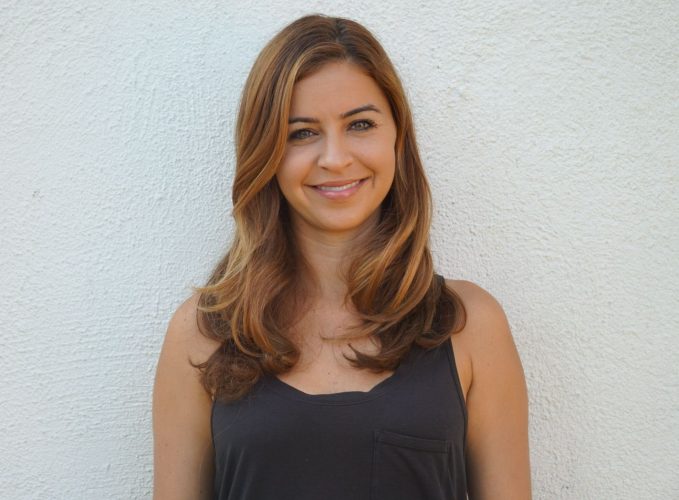







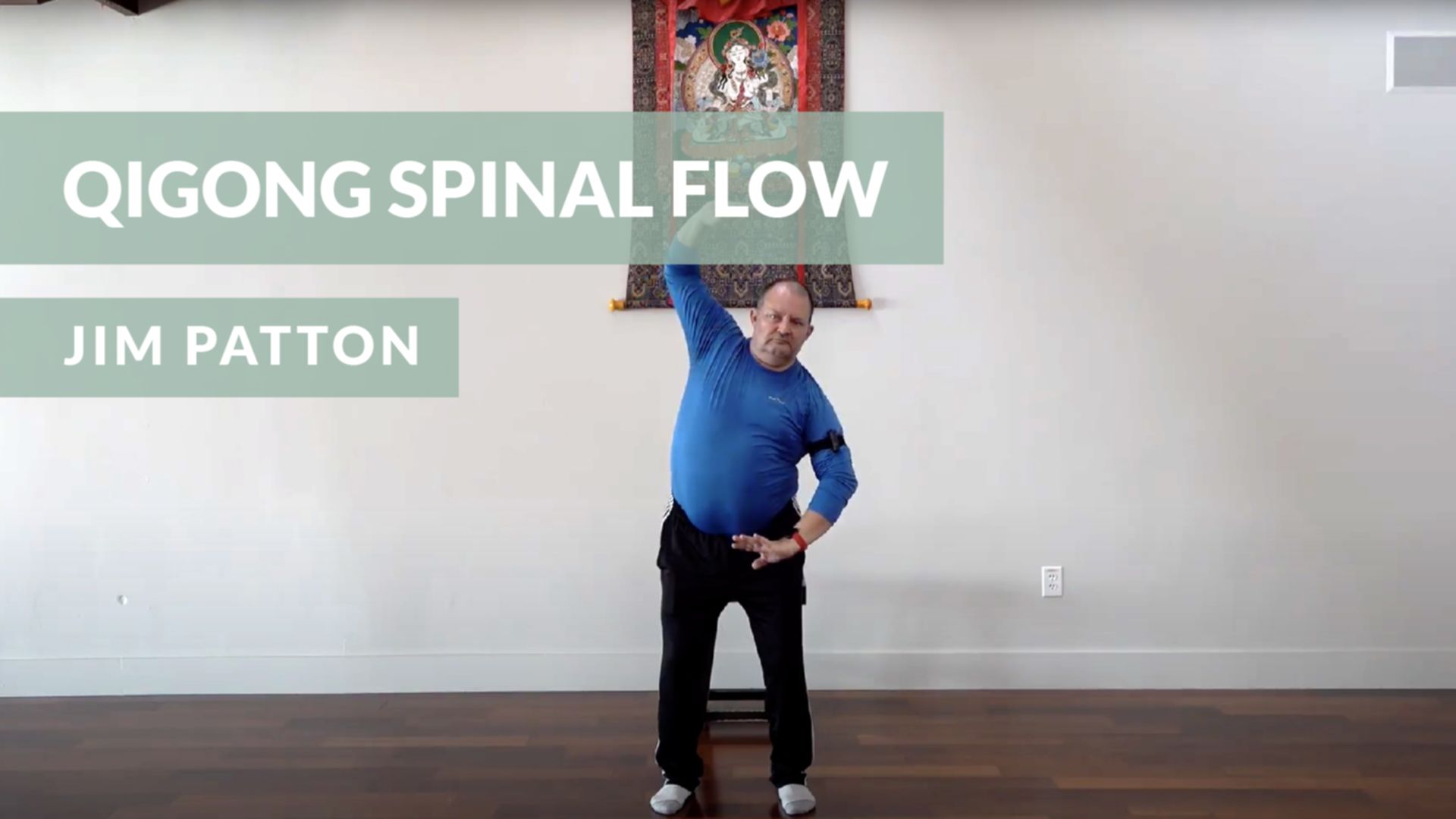


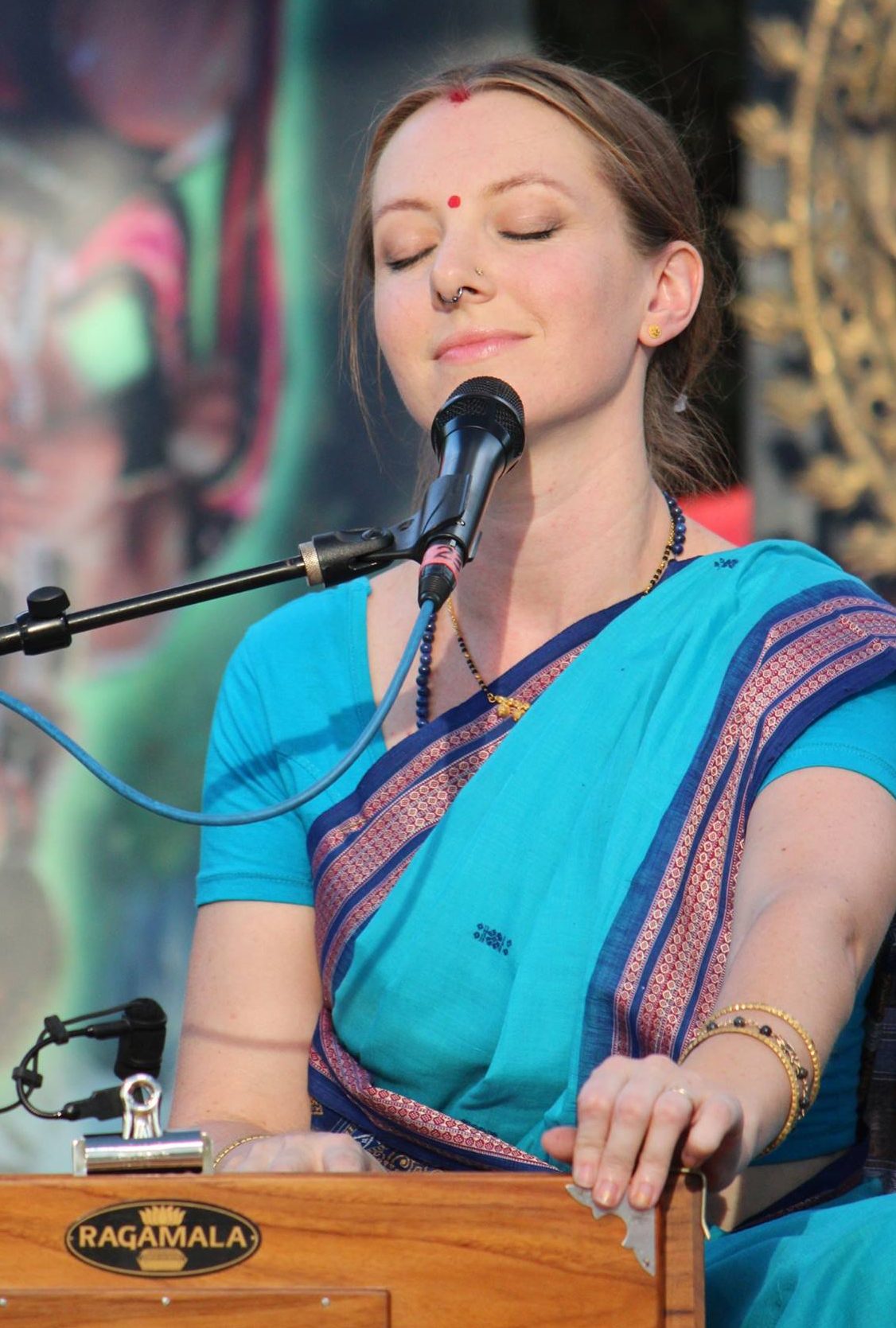
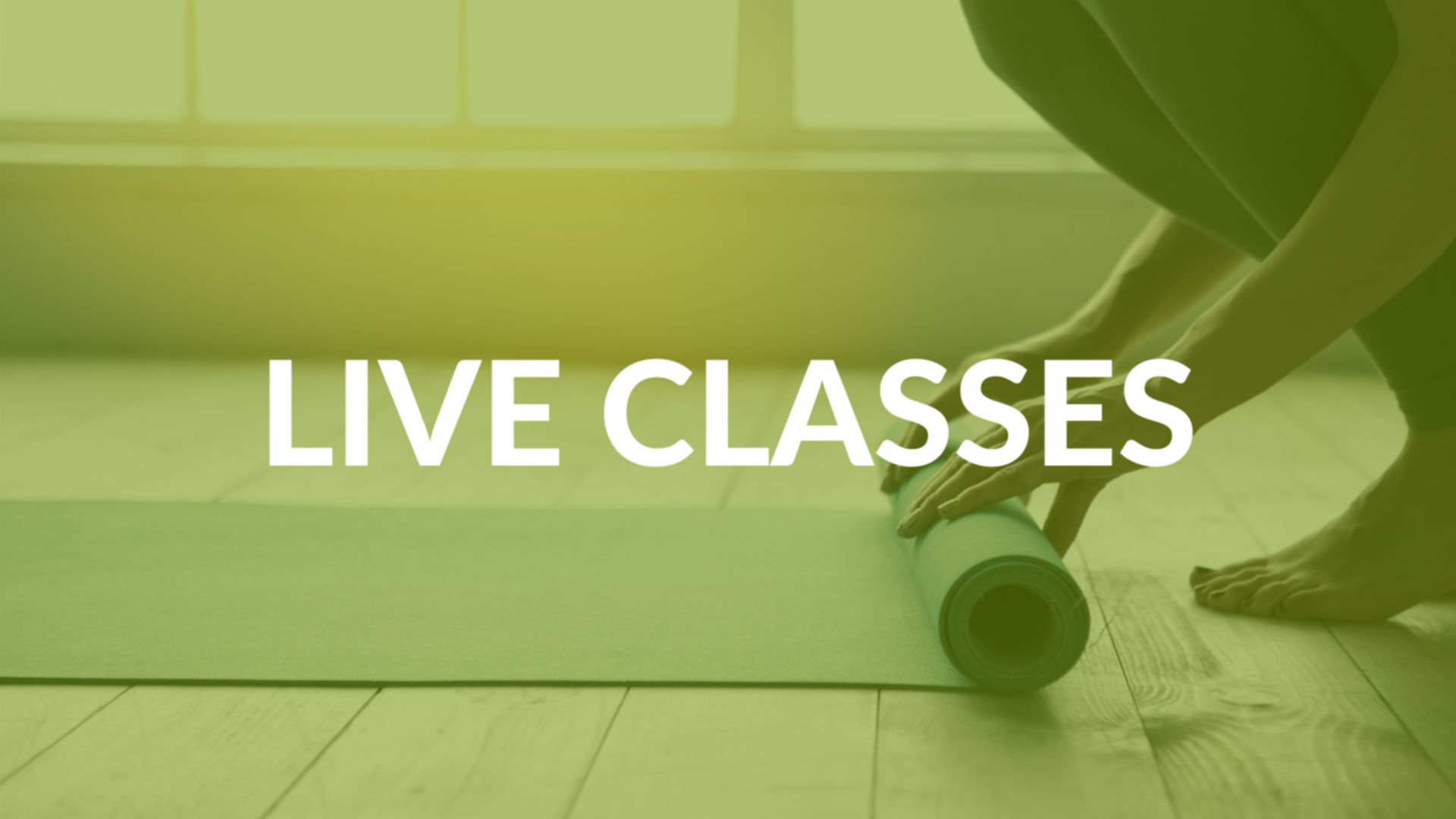

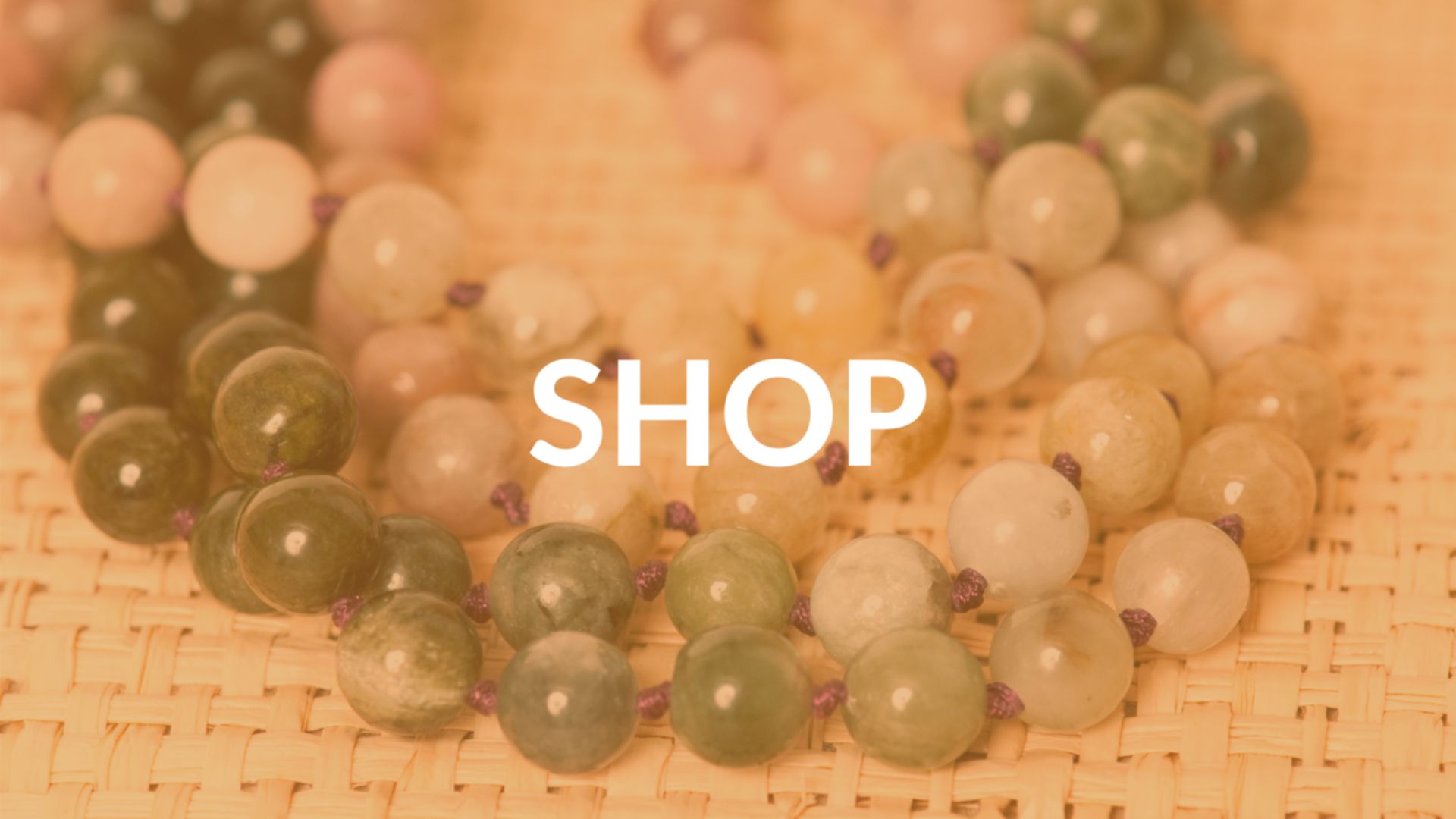

3 replies on “How Silence Became One of My Greatest Healing Tools”
Beautiful article Rebecca. I feel the same – even brief moments in solitude are bringing amazing strength.
Uh, Rebekah.. that’s my story. Divorce, reached out, Al Anon, silent retreat with Jenn in Mexico, felt exposed and abandoned. Traveled to Africa, felt like an open book…
What a wild ride.
Every woman, even strangers, was supportive.
❤️💪🏼
[…] Article of the Week | Video of the Week […]